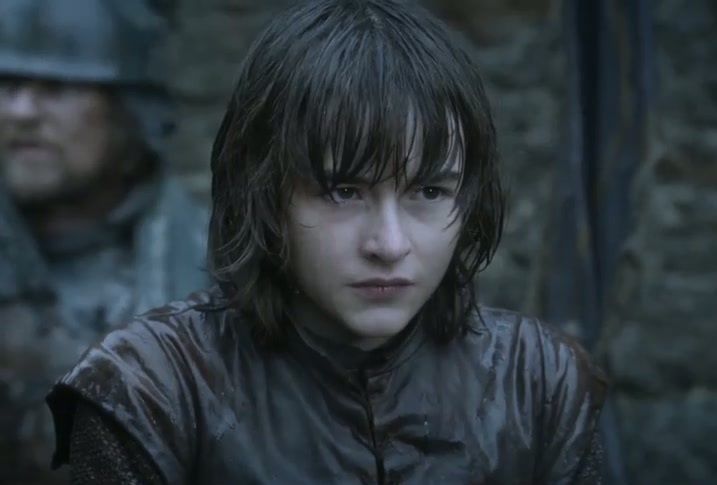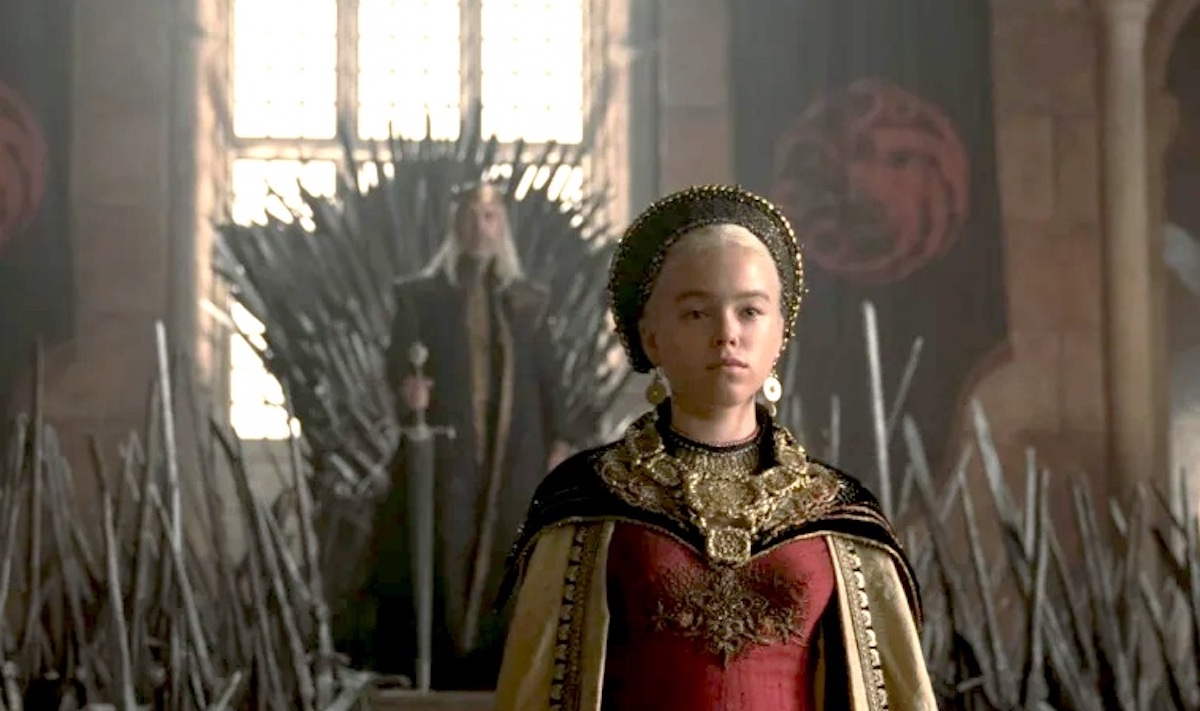While many Game of Thrones fans were wary of trusting HBO again on the release of House of the Dragon, the prequel series has done an excellent job of winning fans back again after the car crash that was Game of Thrones season 8. Ratings and viewing numbers have remained high for the first half of Season 1 of House of the Dragon, as fan faith in the world of Westeros was restored.
Still, there can be no pretenses that the stain of season 8 and its collection of disappointing endings can be easily wiped away. In fact, one element of House of the Dragon is actually pressing salt into the wound.
A common criticism of Game of Thrones is that there seemed to be very little point to a lot of what was built up to in previous seasons. Bran’s powers, the achievement of several seasons of work, amounted to a staring contest between himself and the Night King.
Jon and Dany had two adult dragons and were revealed to be related—only to be largely sidelined for the entire final battle against the wights, with the dragons banished to a cloudy corner of the sky. Neither Targaryen would ever sit on the Iron Throne, either. That honor would fall to Bran the Broken and his story.

House of the Dragon, set almost 200 years before the events of Game of Thrones, didn’t make any claims to be trying to rectify those issues in its promotional material. I was happy to watch it as an exciting return to Westeros, not expecting any great hook to the original series.
That didn’t mean that I wasn’t gasping and clutching my seat when, at the end of the very first episode of House of the Dragon, King Viserys reveals that there is a direct link to the original series, telling his daughter and heir Rhaenyra that it was a dream that brought their ancestor, Aegon the Conqueror, to Westeros.
This dream of “absolute darkness” and a monster that “dwells within [to] destroy the world of the living” could apparently only be beaten if “a Targaryen [is] seated on the Iron Throne.”
“A king or queen, strong enough to unite the realm against the cold and the dark,” emphasized Viserys. “Aegon called his dream the Song of Ice and Fire.”

I’ll admit it—I got goosebumps again just writing that. But after having more time to think about it, it only makes the glaring holes in season 8 that much bigger. If this prophecy foresaw that a Targaryen must sit the Iron Throne, how was the Night King beaten while Cersei technically ruled? Even if it was a metaphorical ruler, why did Jon and Daenarys take such a back seat in the final battle? Unless Arya has some secret bloodline tracing her back to Aegon the Conqueror, then it only emphasizes just how little sense it made for her to be the one to kill the Night King.
House of the Dragon episode 4 only made it worse, with Rhaenyra reading more of Aegon’s prophetic words inscribed on the very dagger that Arya would one day use to kill the Night King: “From my blood come the prince that was promised and his will be the song of ice and fire.”
The writers doubled down yet again on emphasizing the importance of Targaryen blood—only for it to be washed away in season 8. Jon Snow had his epic showdown with an ice dragon, only to be saved by Arya. Dany killed a fair few wights both on dragonback and on the ground—but no more or less than any other hardened warrior.
It may well be that House of the Dragon‘s writers will reveal more of the prophecy and its significance, especially as George R.R. Martin, author of the original series, is taking a more involved role in this series than he did in the final seasons of Game of Thrones. Still, unless they address some of the truly cavernous holes left by both season 8 and this prophecy, they’re only managing to raise more questions and reopen the wounds left by the original show’s final episodes.
(featured image: HBO)
—The Mary Sue has a strict comment policy that forbids, but is not limited to, personal insults toward anyone, hate speech, and trolling.—









Published: Sep 26, 2022 6:34 PM UTC